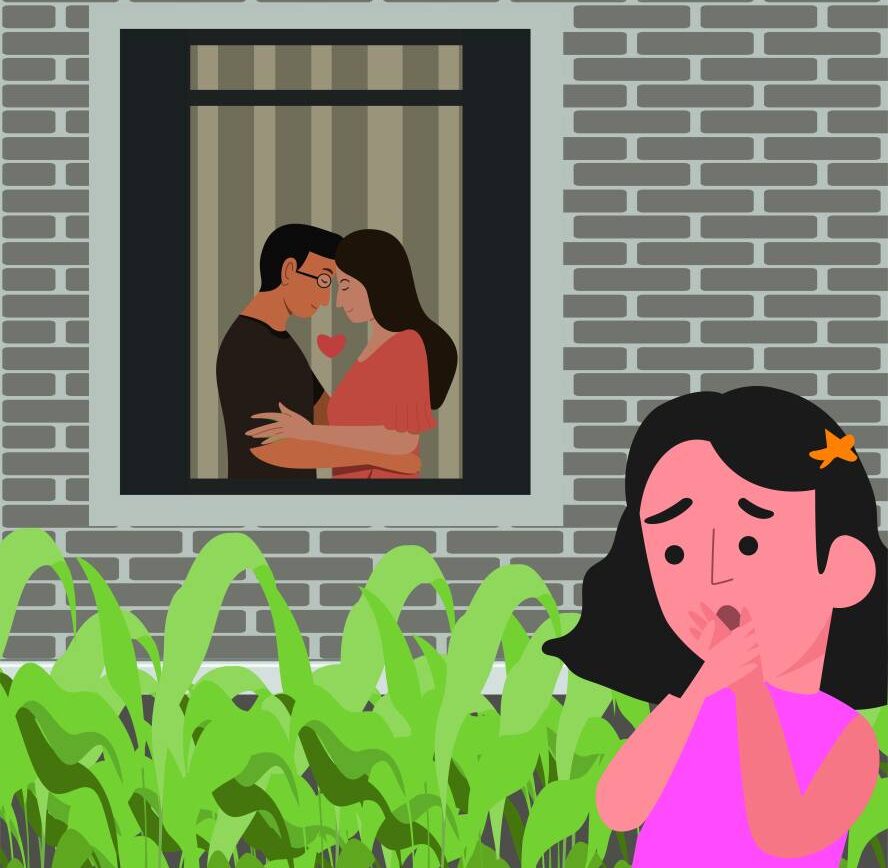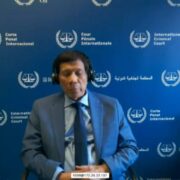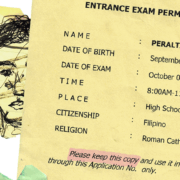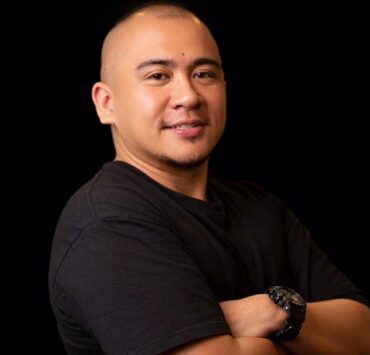When Daddy has another girl

Bink-182’s 2001 song “Stay Together for the Kids” captures the pain of children from broken homes: “Rather than fix the problems/They never solve them, it makes no sense at all/I see them every day/We get along so why can’t they?”
For children of infidelity, the signs of betrayal often appear long before the truth comes to light. The emotional fallout can shatter their sense of security and stability.
Mara (not her real name), 45, found out her father had extramarital relationships when she was nine. Her mother chose not to sue him for adultery and eventually told her years after they separated.
“The womanizing was part of a big problem in my parents’ marriage, so after years of infidelity, my mom just decided she couldn’t take it anymore and asked my dad to leave,” recalled Mara.
Once a sheltered daddy’s girl living in privilege, Mara was thrust into financial instability, her father’s absence, and her mother’s frustrations.
As soon as her mother felt Mara was capable, her role shifted dramatically. She became her mother’s confidant, carrying emotional, mental, and financial burdens. Over time, she transitioned from her mother’s partner to her caretaker, responsible for her well-being and her brother’s.
“My love for her is fierce but there is a gap in our relationship that I have learned to accept,” Mara admitted.
Her experiences made her extremely careful about her relationships. “I was praying nonstop for a good partner or just being single forever. I had a list of nonnegotiables and was open about my family dynamics,” she said.
Fortunately, Mara has been a happily married homemaker with three kids for over a decade now. She credits open communication for her relationship’s success.
As for her father, she said they are on good terms. “I help support him financially. He is a good grandfather and visits occasionally. Forgiveness is really God’s gift.”
Mara said that while she wished her parents would reunite, she knows they were extremely incompatible: “They’re good people who were simply not good for each other. I believe if my mom hadn’t gotten pregnant out of wedlock, they might never have married.”
Empty statements
Rose (not her real name) and her sisters witnessed their parents’ constant squabbles at home. “These were usually followed by my father reassuring my mother with (empty) statements such as ‘Tapos na yun’ and ‘Wala yun!’ My mom would then present the latest proof of his philandering ways, only to be dismissed once my dad turned on his charm,” she recalled. “He had my mom wrapped around his finger. This cycle continued for as long as I can remember, and I thought this behavior was normal.”
For 16 years, Rose’s mother endured her husband’s infidelities. The constant barrage of prank calls and letters weighed heavily on her. Some mistresses were bold enough to flaunt their relationship with Rose’s father, amplifying her humiliation.
One day, her father moved to the guest room. Rose said, “My naive 10-year-old self questioned this strange arrangement but was curtly answered that it was for the best, since my mom was pregnant and my dad smoked in the room (it was the ‘80s).”
Her mother was the family’s breadwinner. Afraid that her hard work, savings, and properties acquired through the years might just go to her children’s half-siblings, Rose’s mother realized she needed to protect her daughters. She filed for annulment, which was granted.
“In seventh grade, I noticed the guest room was empty. My dad had left,” Rose remembered. “At school, I withdrew, consumed by shame and wondering if others carried the same hidden pain. I began to think that ‘happily ever after’ only happened in movies, and that all men are the same. I had trust issues, wary of people who showed interest in me. It did not help that my first boyfriend in college also cheated on me.”
Trusting again
Only after a friend recommended that she attend a “Reparenting the Child Within (RCW)” seminar did Rose heal her old wounds and shift her mindset. “It took me a while to shake the stigma of being in a broken family and make me believe that love is possible,” she admitted. Rose has since become an entrepreneur, happily married for 15 years with four children.
Rose and Mara discovered that healing requires more than time; it demands conscious effort, openness, and the choice to trust again.
As writer Hope Gillette put it, “Love is a choice and a decision because your actions determine if it lives on or ends. You are in control of how you act in your relationships and how much you push past conflict and challenges. When you decide to work on communication, trust, intimacy, or emotional security, you’re choosing love.”
These daughters’ journeys prove the human spirit’s ability to heal and rebuild even when fathers disappoint. Their stories remind us that we can transform pain into strength, rediscover trust, and choose love again.

















